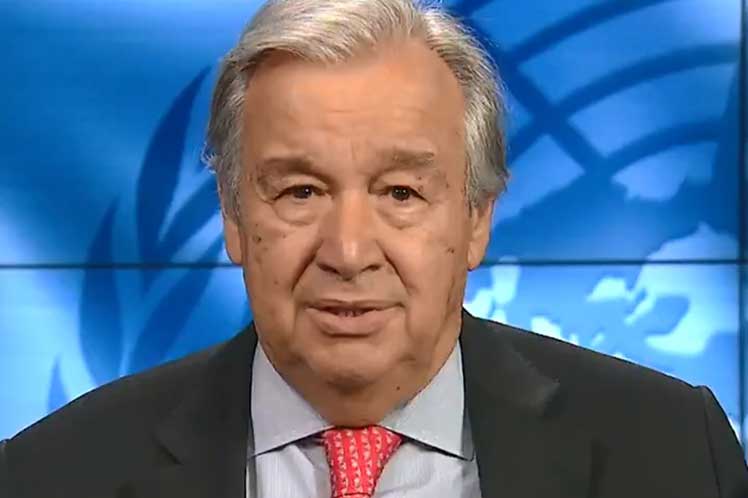These industries generate large amounts of foreign exchange earnings, foreign direct investment and Government revenues. They have the potential to drive economic growth and poverty reduction, so their extraction plays a dominant role in the economies of 81 countries.
These countries account for a quarter of global Gross Domestic Product (GDP), half the world´s population and nearly 70% of people living in extreme poverty.
During an international round table on transforming extractive industries for sustainable development, Guterres highlighted dichotomy faced by nations possessing mineral resources. ‘Our shared responsibility is to ensure that the benefits of mineral resources reach all people in society, not just elites, while safeguarding the natural environment today and for future generations,’ he warned.
A common thread through the regional round tables has been the need for the extractive sector and the resources generated to be managed sustainably, inclusively and equitably. This means taking into account the needs and rights of women, indigenous peoples, local communities and other stakeholders who are affected by the industry yet excluded from the design and benefits of extractive operations.
According to Guterres, the sector can avoid exacerbating inequalities by ensuring the fair distribution of the benefits of the development of extractive industries, in line with the right to development. This is especially important regarding new minerals and metals which the technological revolution depends on.
ef/pll/msm/crc









